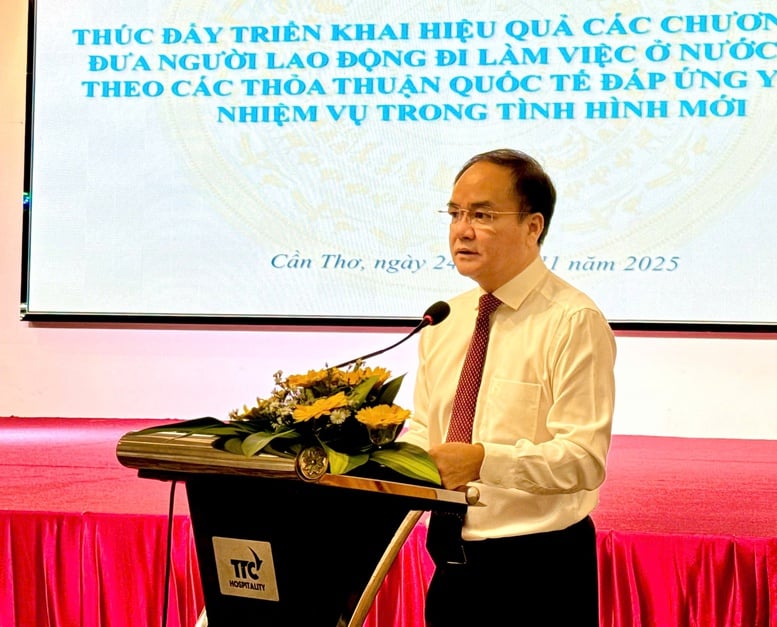
Deputy Minister of Home Affairs Vu Chien Thang speaks at the Conference - Photo: VGP/Thu Giang
Unlocking resources, promoting integration from "human resource diplomacy"
In his opening speech, Deputy Minister of Home Affairs Vu Chien Thang emphasized that the conference took place in the context of the country entering a new development stage with many strategic orientations, especially after the Politburo issued the "strategic quartet" including: Resolution No. 57-NQ/TW dated December 22, 2024 of the Politburo on breakthroughs in science and technology development, innovation and national digital transformation; Resolution No. 59-NQ/TW dated January 24, 2025 of the Politburo on "International integration in the new situation"; Resolution No. 66-NQ/TW dated April 30, 2025 of the Politburo on innovation in law-making and enforcement to meet the requirements of national development in the new era and Resolution No. 68-NQ/TW dated May 4, 2025 of the Politburo on private economic development.
The resolutions have established four major orientations for national development, namely: Breakthrough in science and technology, digital transformation and innovation; proactively and actively integrating deeply into the international community; perfecting institutions and strengthening a culture of law compliance; and strongly promoting social resources.
According to the Deputy Minister, from July 1, 2025 - the time when localities implement the 2-level local government model after the arrangement of administrative units, the functions and apparatus of the Department of Home Affairs and the Employment Service Centers have changed a lot. This requires the staff in charge of coordinating with the Overseas Labor Center to quickly update the process, information system, and improve the capacity to support workers in a timely, accurate, and effective manner.
Deputy Minister Vu Chien Thang affirmed that sending Vietnamese workers to work abroad under contracts, especially non-profit programs based on international agreements, is not only a socio-economic solution, but also an important pillar in "human resource diplomacy" .
This is an effective channel to implement the policy of international integration, develop high-quality human resources, contribute to spreading the image of Vietnamese people, and at the same time form a closed human resource cycle: Training - selection - dispatch - management - reintegration - effective use of repatriated labor.
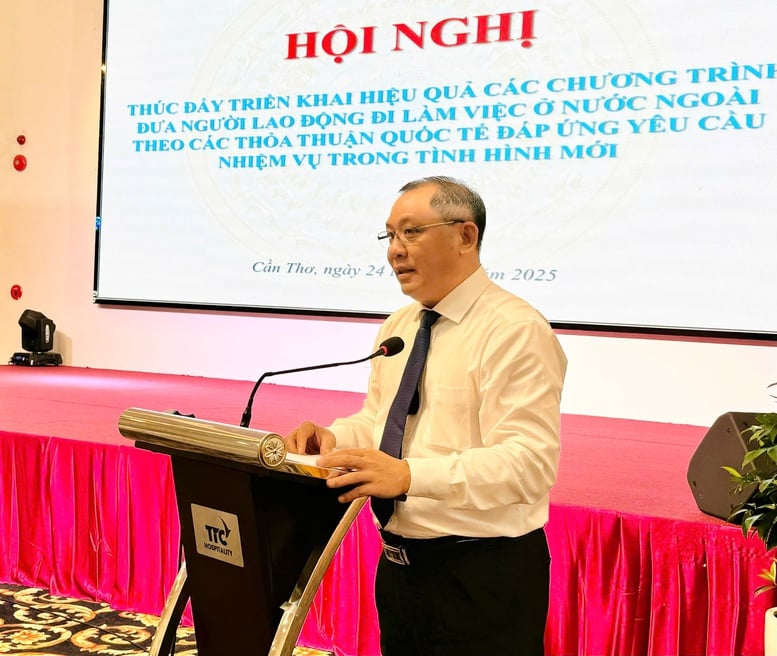
Vice Chairman of Can Tho City People's Committee Tran Chi Hung speaks at the Conference - Photo: VGP/Thu Giang
Many positive results, practical contributions to socio-economic development
According to the report, non-profit programs implemented by the Overseas Labor Center have sent about 155,000 workers abroad to work, contributing about 17,000 billion VND in foreign currency each year - an important source of income for the economy.
This activity helps to sustainably reduce poverty, increase income, and ensure social security for people in remote areas, policy beneficiaries, and demobilized soldiers and police.
In the seasonal labor cooperation program with Korea alone, 10,011 workers from 16 provinces/cities have come to work in the agricultural sector, helping to train industrial working style, increase people-to-people exchange and strengthen friendly relations between localities of the two countries.
However, this work still has some shortcomings such as: Many workers do not clearly distinguish between non-profit programs; the work of supporting demobilized soldiers and police has not fully exploited its potential; a number of workers violate discipline and run away due to work pressure, income or weather conditions; the Korean language proficiency of seasonal workers is still limited....
According to Deputy Minister Vu Chien Thang, if not handled promptly, these limitations could directly affect the reputation of Vietnamese workers and the sustainability of international cooperation programs.
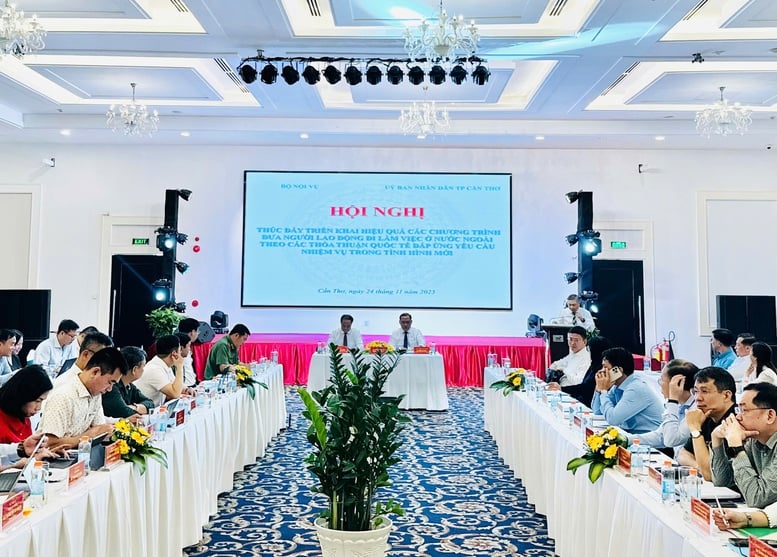
Conference "Promoting the effective implementation of programs to send workers to work abroad under international agreements, meeting task requirements in the new situation" - Photo: VGP/Thu Giang
From there, Deputy Minister Vu Chien Thang proposed to innovate the approach according to 5 major orientations. First, building a "human resource cycle", in which the entire cycle from preparing resources, training, selecting, dispatching, protecting overseas workers to reintegrating must be based on a standard institutional foundation, strong digital transformation and proactive international integration.
Second, consider workers as “human resource ambassadors”. Vietnamese workers abroad, especially in non-profit programs, are an important resource contributing to promoting people-to-people diplomacy, economic diplomacy and cultural diplomacy.
Third, promote digital transformation, build a database on human resources and the international labor market; improve the selection, training and support processes for workers through digital platforms; develop overseas job exchanges, online consulting systems and digital applications to serve workers throughout the journey.
Fourth, link the program implementation with the international integration and local development strategy. Local-local cooperation models with Korea are important tools to promote people-to-people exchanges and economic connectivity.
Fifth, perfecting institutions and coordination mechanisms. It is necessary to review regulations on costs, contracts, insurance, and labor protection; develop coordination regulations between ministries, branches, localities, and Vietnamese representative agencies abroad; and ensure that each program has a clear monitoring mechanism, assigning responsibility to the head.
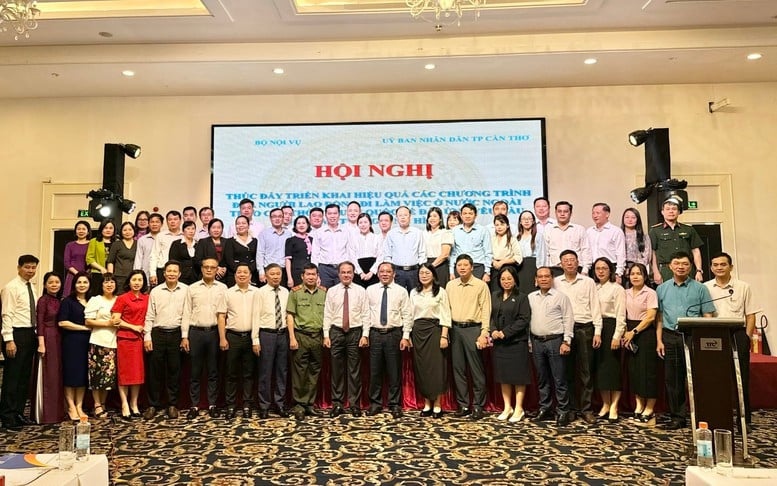
Delegates attending the Conference - Photo: VGP/Thu Giang
Locality is proactive, responsible, and maintains the prestige of Vietnamese workers.
From a local perspective, Vice Chairman of Can Tho City People's Committee Tran Chi Hung affirmed that sending workers to work abroad is an important driving force for socio-economic development and improving the quality of human resources.
Can Tho (including Soc Trang and Hau Giang before the arrangement) has supported preferential loans, initial costs, orientation training, and closely coordinated with the Overseas Labor Center to send 1,660 workers to Korea, Japan, Germany and Australia under a non-profit program.
Regarding the seasonal labor program in Korea, from 2022 to 2025, the locality has sent 846 workers , with an average income of about 30 million VND/month .
Can Tho pledges to continue to strictly control the situation of runaway workers, maintaining the reputation of Vietnamese workers in the international market.
Director of the Overseas Labor Center Dang Huy Hong said that the Center is implementing 8 programs under international agreements in 5 countries/territories, with common characteristics of low cost, many incentives, and some programs are fully funded.
Mr. Dang Huy Hong proposed that the Ministry of Home Affairs research and build a National Information Portal on Overseas Employment; develop a communication strategy for the "Vietnam Labor Brand"; develop a database of repatriated workers connecting with domestic enterprises; adjust training programs oriented towards increasing digital skills, technology knowledge - AI, personal financial management; issue regulations on coordination with the Ministry of Public Security and the Ministry of National Defense in supporting demobilized soldiers and police officers.
He requested the Departments of Home Affairs to step up coordination, communication, and receiving of applications, facilitating the selection and dispatch process.
At the conference, the Department of Overseas Labor Management informed about the implementation status and effectiveness of non-profit programs; the Social Policy Bank informed about the loan policy for workers according to the two-level local government model.
The conference also recorded many recommendations from localities to increase the sustainability of cooperation programs in the coming time.
Notably, the inspirational story of Ms. Ngo Thi Ut Luan, an EPS worker who returned from Korea and is now a successful entrepreneur. From a poor girl in Thieu Hoa (Thanh Hoa), overcoming economic hardship, she made constant efforts to go to Korea to work in 2008.
The difficulties in a foreign land, cultural differences, language, and hard work did not discourage Ms. Luan. With discipline, a progressive spirit, and thrift, Ms. Luan won the trust of business owners, was assigned many important tasks, and accumulated experience to start a business when she returned home.
The story of Ms. Ngo Thi Ut Luan is a living testament to the value of non-profit programs, which not only change the lives of individuals, but also contribute to creating high-quality human resources for the country.
Thu Giang
Source: https://baochinhphu.vn/de-xuat-nhieu-giai-phap-moi-nang-tam-thuong-hieu-lao-dong-viet-nam-o-nuoc-ngoai-102251124102712343.htm








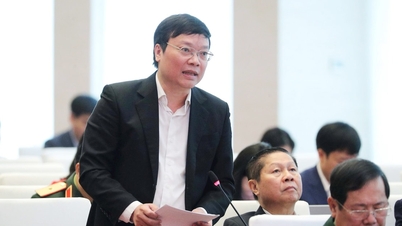

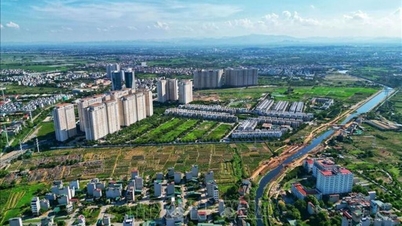

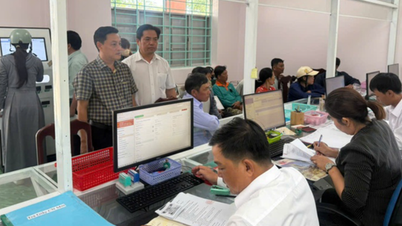
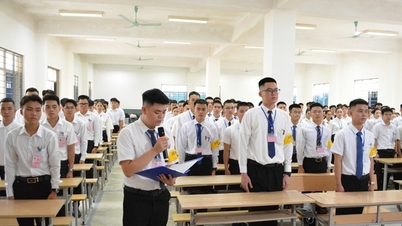
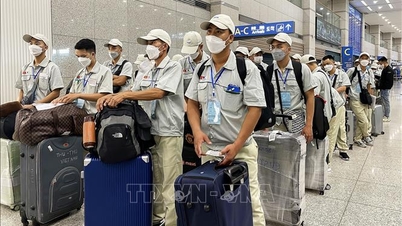
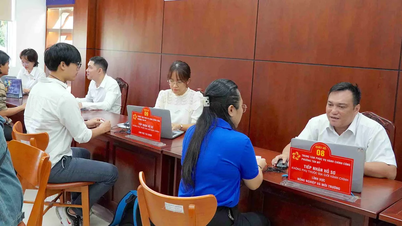

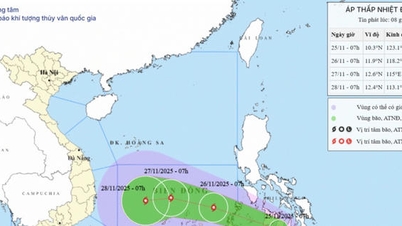

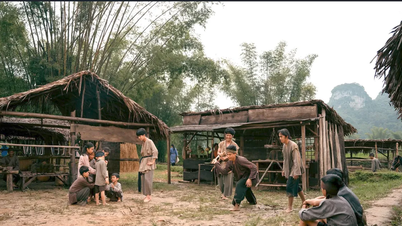

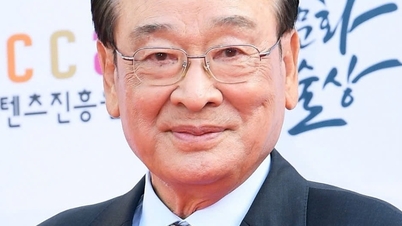


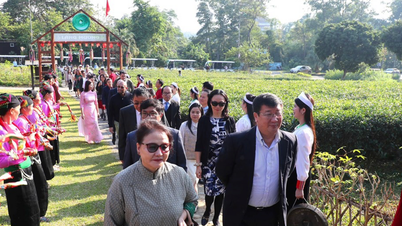






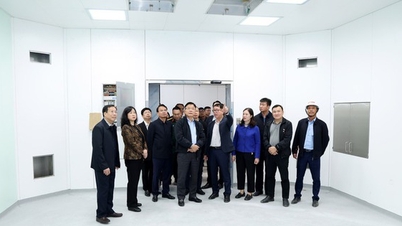
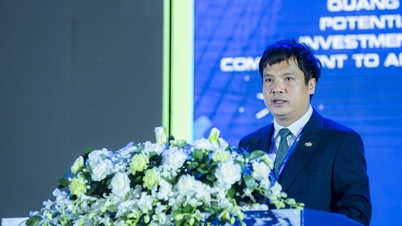
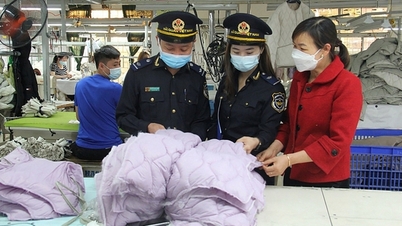


![[Photo] National Assembly Chairman Tran Thanh Man receives a business delegation from the Europe-ASEAN Business Council](/_next/image?url=https%3A%2F%2Fvphoto.vietnam.vn%2Fthumb%2F1200x675%2Fvietnam%2Fresource%2FIMAGE%2F2025%2F11%2F24%2F1763989198212_ndo_br_bnd-7394-jpg.webp&w=3840&q=75)
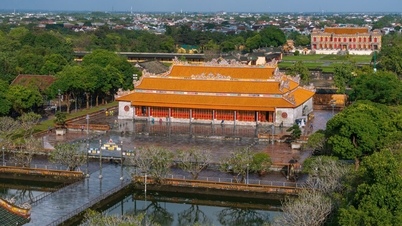



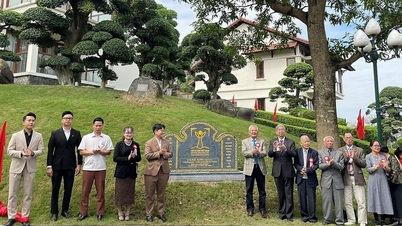

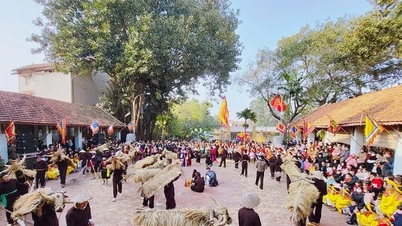

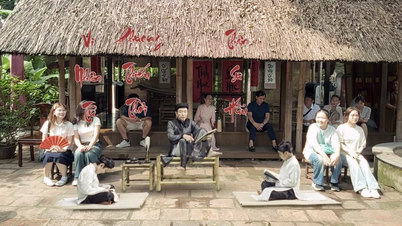
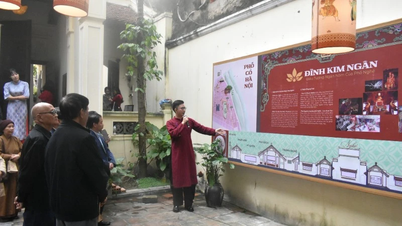

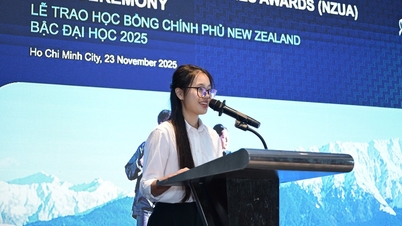
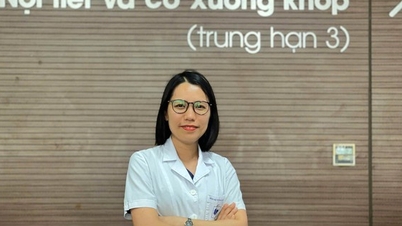







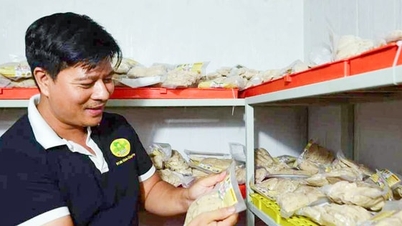

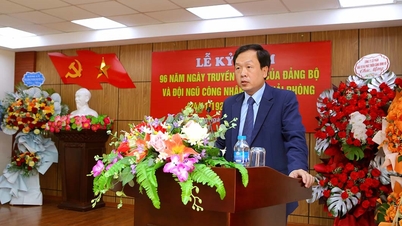

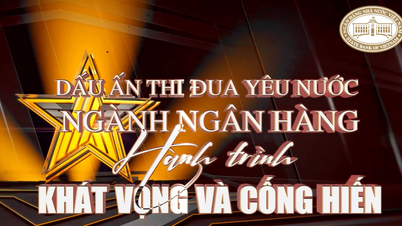
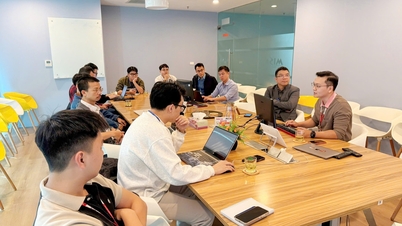

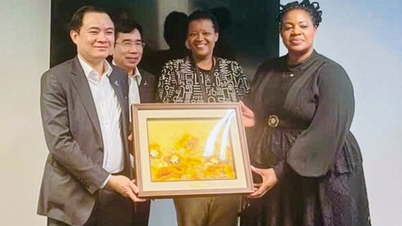
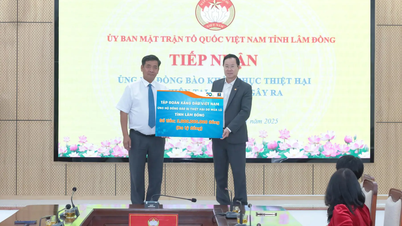






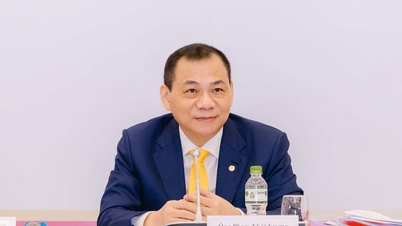



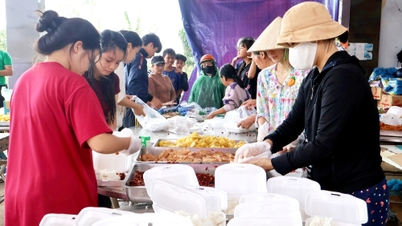


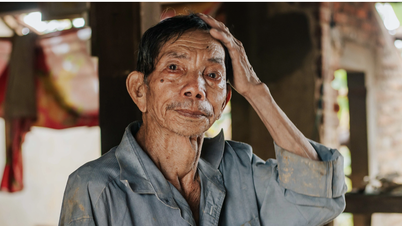
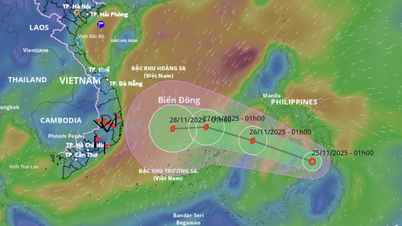
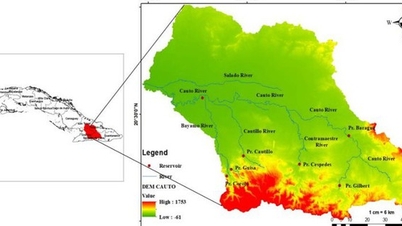


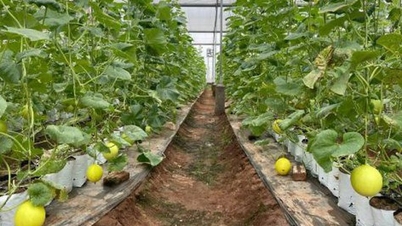


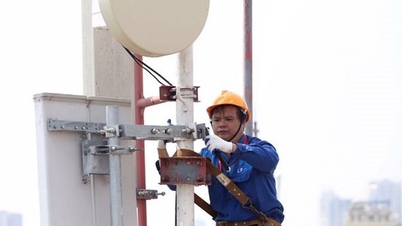
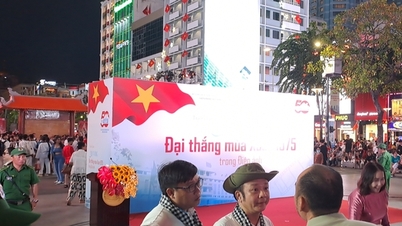



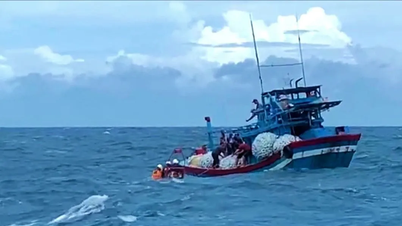
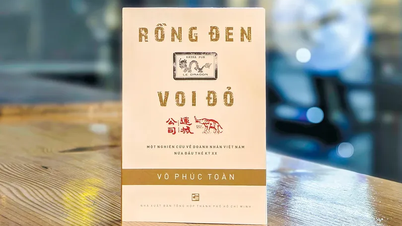



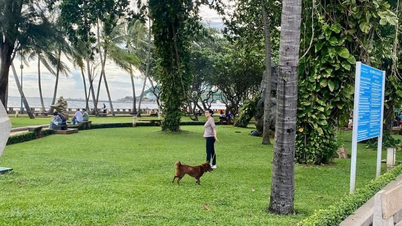
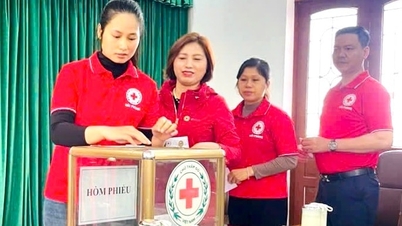













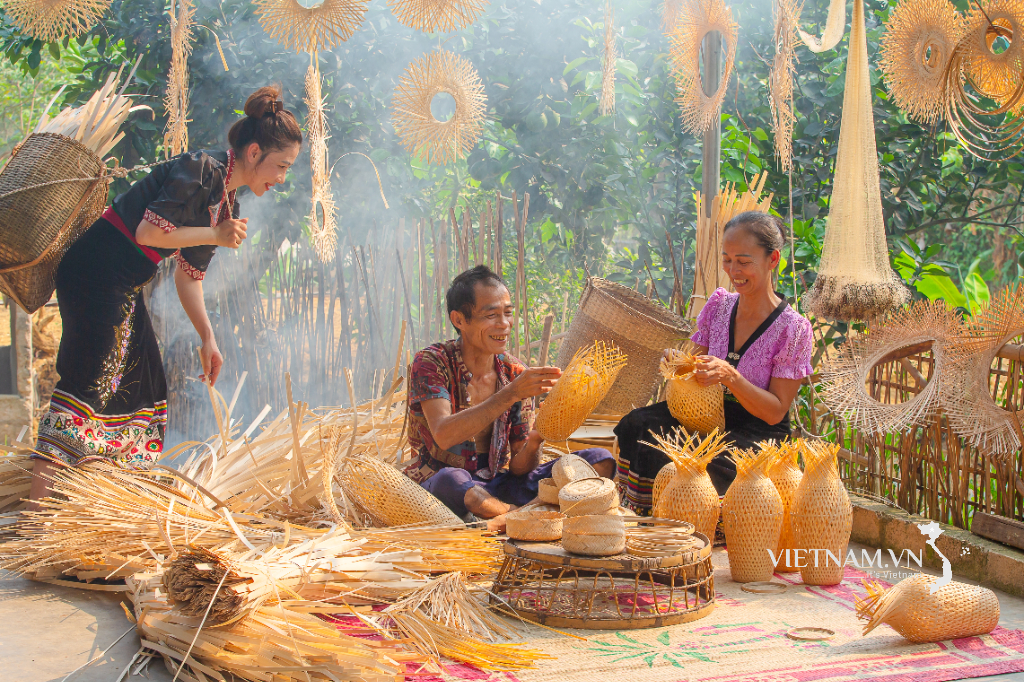
Comment (0)